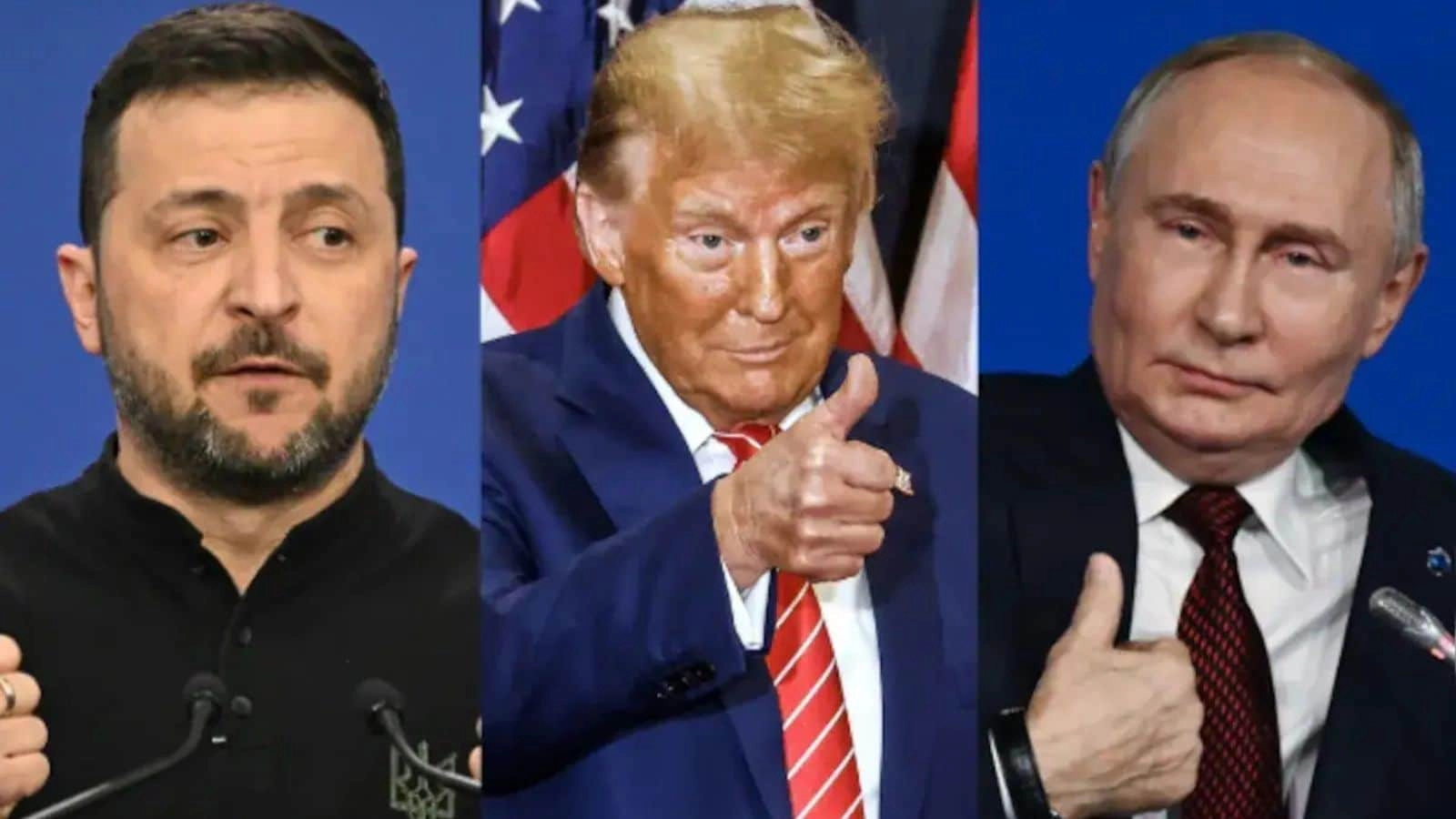The recent announcement from the White House regarding tariffs imposed by various nations has sparked significant discussion and analysis. The focus of this discourse centers on the United States’ response to tariffs from India, which are reported to be as high as 100%, and the European Union (EU), where tariffs stand at 50%. President Trump has long been a proponent of renegotiating trade agreements that he considers unfavorable to American interests, and this situation exemplifies his administration’s broader strategy to address trade imbalances.
In the context of these tariffs, the White House has articulated its commitment to ensuring that American businesses are not at a disadvantage in the global market. The administration’s stance is rooted in the belief that reciprocal trade policies are essential for fostering fair competition. By highlighting the steep tariffs imposed by India and the EU, the Trump administration aims to draw attention to what it perceives as inequities in international trade practices. This perspective aligns with Trump’s longstanding critique of existing trade agreements, which he argues have contributed to the erosion of American manufacturing jobs and economic competitiveness.
Moreover, the White House’s position sheds light on the administration’s broader agenda of prioritizing American interests in trade negotiations. The proposed tariffs could be seen as a tactical move to encourage other nations to re-evaluate their trade policies and potentially engage in negotiations that would lead to lower tariffs and more favorable conditions for U.S. exports. This approach reflects a willingness to utilize tariffs as leverage in international diplomacy, reinforcing the notion that the U.S. will take a firm stance in defending its economic interests on the global stage.
As the situation unfolds, it is crucial to consider the potential implications of these tariffs on global trade dynamics. The reaction of the affected nations, particularly India and EU member states, will play a significant role in shaping future trade relations. If these countries respond with counter-tariffs or other trade restrictions, it could escalate into a broader trade conflict, affecting not only bilateral relations but also the global economy. Thus, the White House’s announcement serves as a critical juncture in U.S. trade policy, one that could have far-reaching consequences for international commerce and economic cooperation moving forward.




